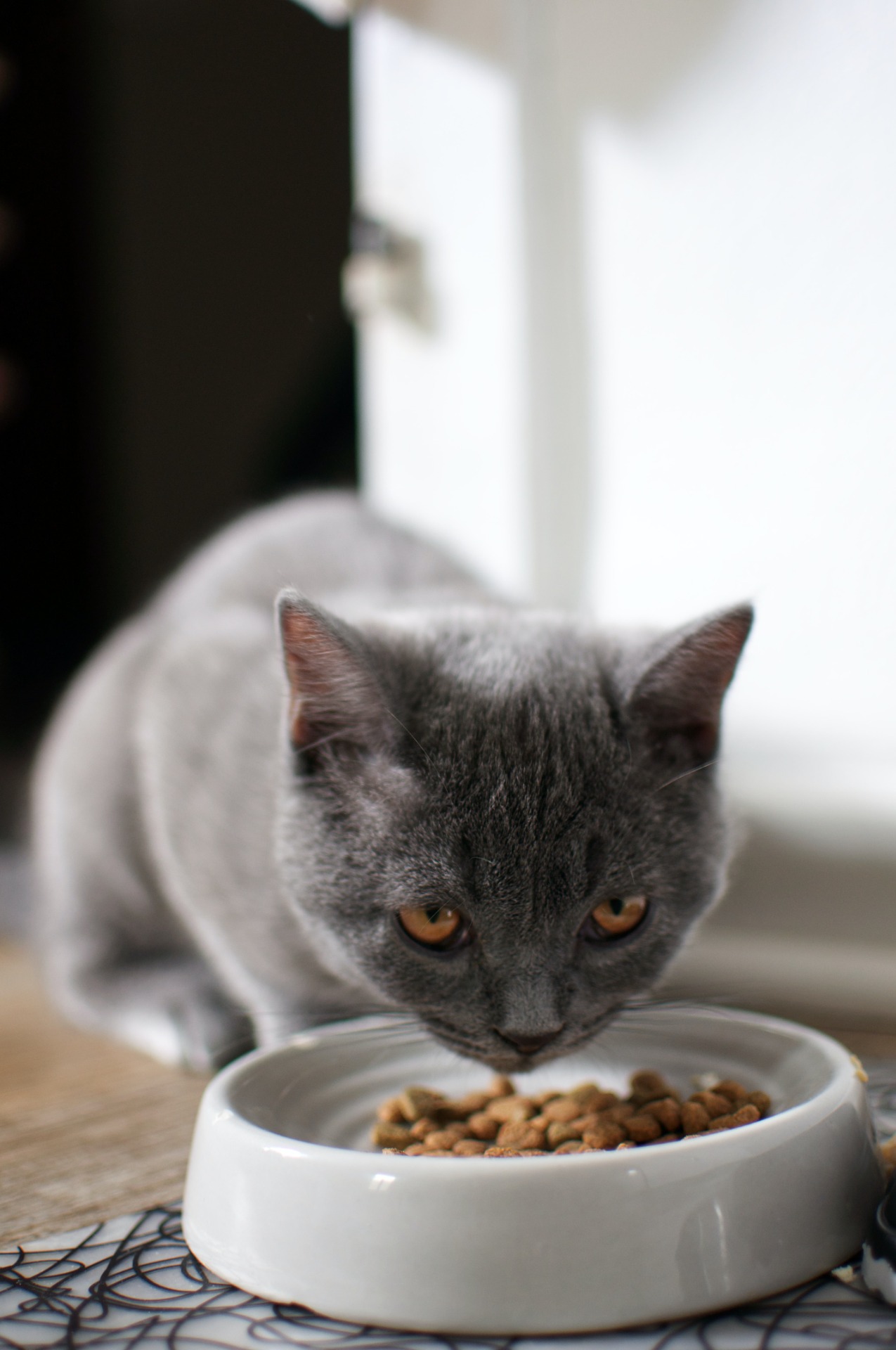Why kibble is the last option

Why Kibble Isn't as Good: A Comprehensive Look at Its Drawbacks
In the world of pet nutrition, there is an endless debate about what's best for our faithful companions. One of the most common options for dogs and cats is dry food, also known as kibble. While kibble has long been considered a convenient and nutritious choice, awareness of its potential drawbacks is growing. In this blog, we'll delve into why kibble isn't as good for your pet as you may have thought.
1. Limited Nutrients
Kibble often contains a standard set of ingredients that may not always meet the individual nutritional needs of your pet. Each dog or cat is unique, and their diet should be tailored to their age, size, activity level, health condition, and breed. Kibble may not always provide for these specific needs, which can lead to nutrient deficiencies or overconsumption of certain nutrients.
2. Low Moisture Content
One of the biggest drawbacks of kibble is its very low moisture content. This can be problematic, especially for cats. Cats are naturally poor drinkers and obtain most of their moisture needs from their diet. Dry food can lead to chronic dehydration, which, in turn, can contribute to urinary tract problems and kidney issues.
3. Processing and Nutritional Loss
Kibble undergoes an extensive processing method, involving heating, grinding, and extrusion to achieve its characteristic shape. This intensive process results in significant nutrient loss. Essential nutrients such as enzymes, probiotics, and certain vitamins are often destroyed during processing, making the food less nutritious than natural food sources.
4. Preservatives and Additives
To extend the shelf life of kibble, preservatives and artificial additives are frequently used. These substances may cause allergic reactions or gastrointestinal issues in some pets. It is essential to check the ingredient list of the food and opt for brands that use fewer artificial additives.
5. Reduced Palatability and Satisfaction
Since kibble has a uniform texture and taste, it can become dull and unappealing to pets over time. This can lead to decreased appetite and ultimately result in selective eating. Natural food with variation in flavors and textures can stimulate the appetite and promote your pet's overall well-being.
6. Potential Dental Problems
Although some kibble claims to clean pets' teeth, chewing on dry food isn't always sufficient to prevent tartar and plaque buildup. Some pets even swallow kibble whole, negating the dental benefit. It is essential to provide supplementary dental care, such as teeth brushing or dental chew toys.
While kibble remains a popular choice due to its convenience and availability, it's crucial to be aware of its potential drawbacks. As pet owners, we can consider offering natural and nutritious foods that better suit our beloved companions' needs. Always consult a veterinarian or nutrition specialist to determine the best diet for your pet and transition to different food gradually to avoid any stomach issues. By taking good care of our pets' nutrition, we can contribute to their overall health and well-being.

